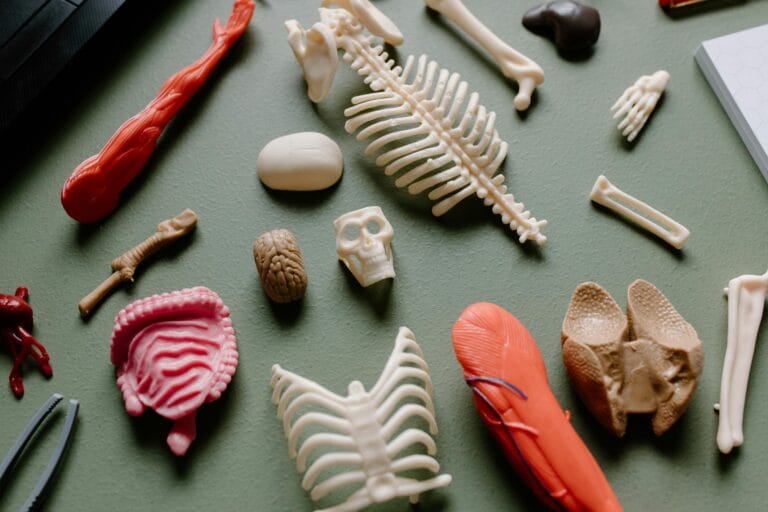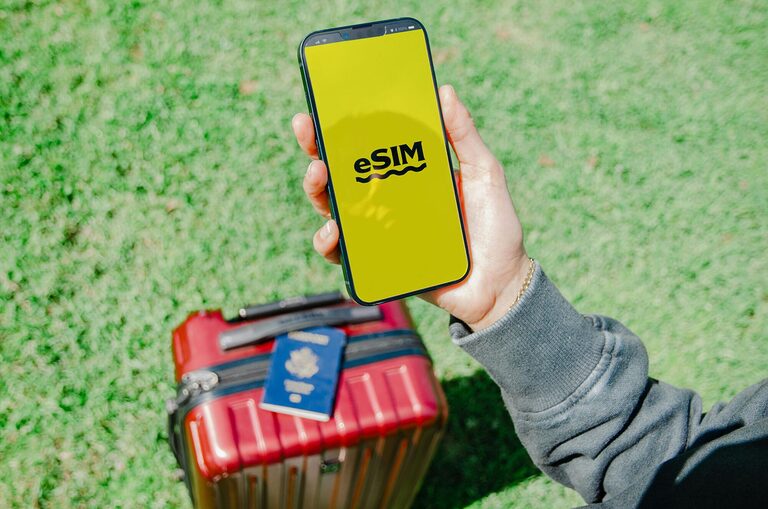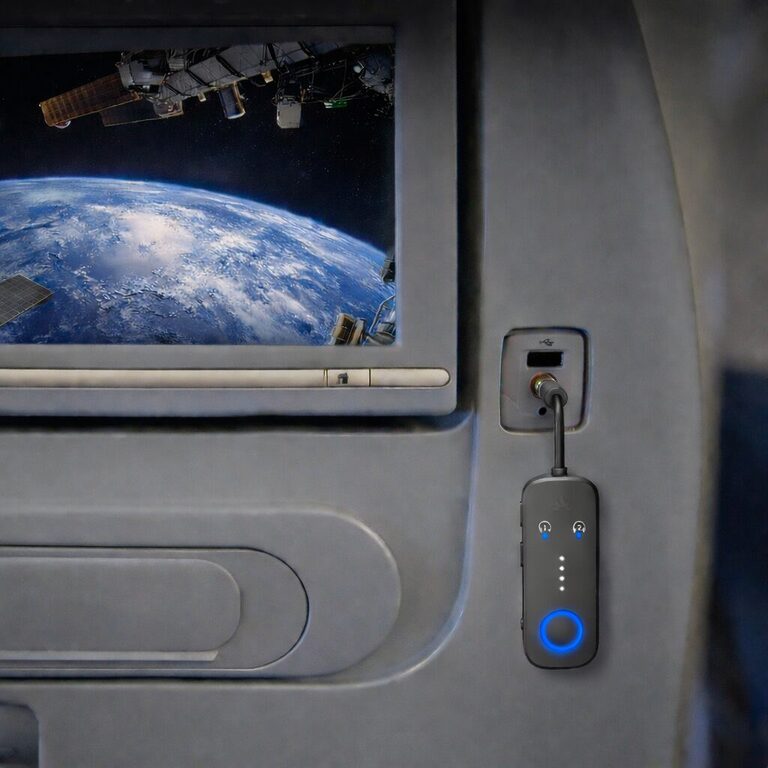Pack a basic first aid kit for any trip, including plasters, antiseptic wipes, gauze, tape, tweezers, painkillers (paracetamol/ibuprofen), antihistamines and stomach upset medication (including rehydration salts). Don’t forget personal prescriptions, insect repellent, sunscreen, and small scissors (if permitted). For remote travel, add a digital thermometer, sterile gloves, and a first aid guide. Carry emergency contacts and medical info.
Handling Travel Tummy Troubles
Manage common travel digestive issues proactively. For diarrhoea, besides the standard medication, sip ginger or peppermint tea for comfort and make sure you stay properly hydrated. Rehydration salts are key to replacing lost electrolytes. When commercial solutions aren’t available, the WHO recommends this basic recipe:
1 litre clean water (boiled and cooled if unsure)
6 level teaspoons sugar
½ level teaspoon salt
*IMPORTANT: USE ACCURATE MEASUREMENTS.
For constipation (often from diet changes or travel), try fibre-rich chia seeds in water or smoothies, or warm lemon water in the morning. Stay hydrated and eat fruits, vegetables and whole grains.
Being prepared with these items helps you confidently manage minor health issues, ensuring smoother, more enjoyable travels.
To explore a range of travel first aid kits I have included a link to Amazon Best Sellers list*.
*This article contains affiliate link. If you make a purchase, we may earn a small commission at no extra cost to you.









